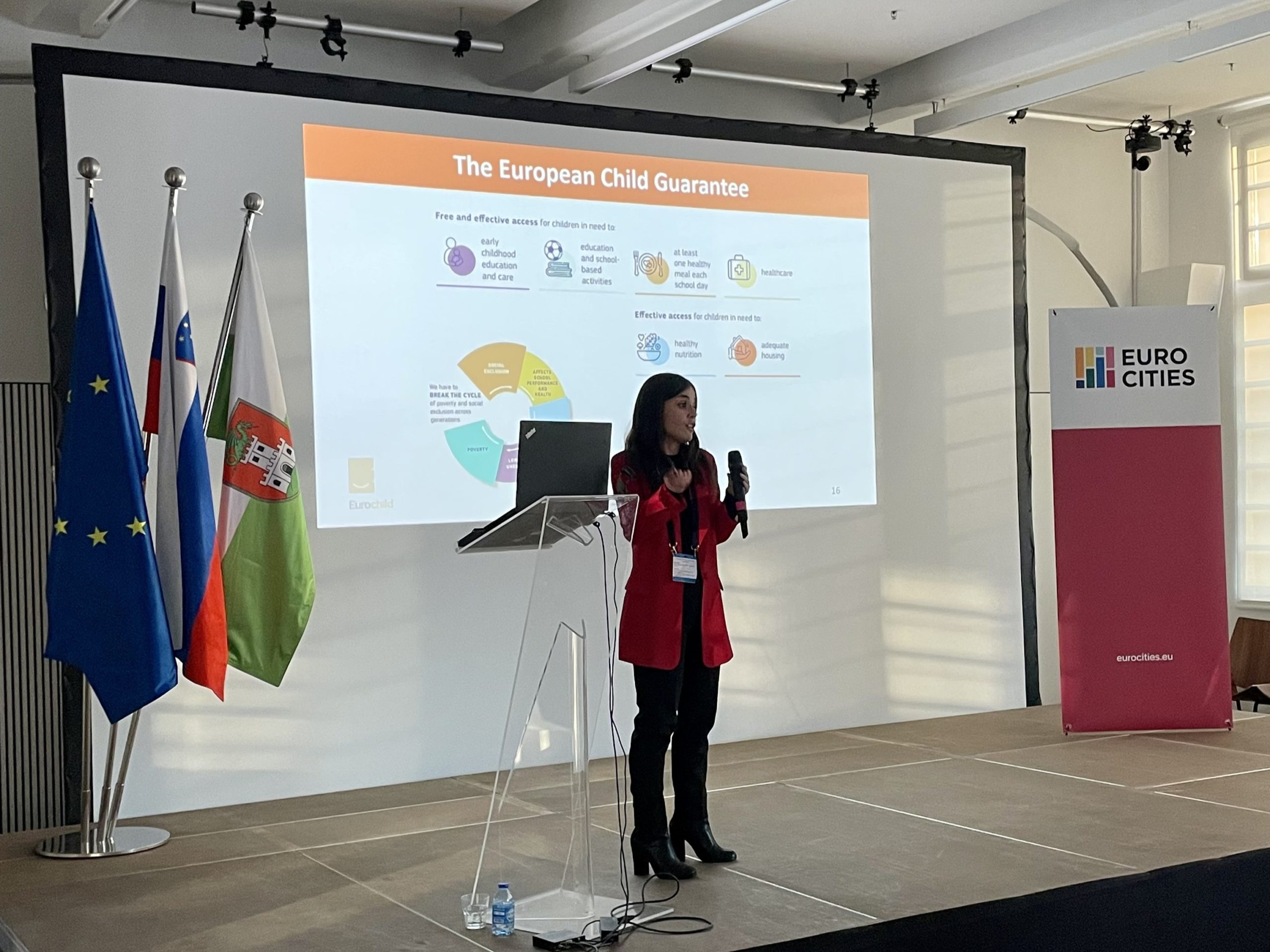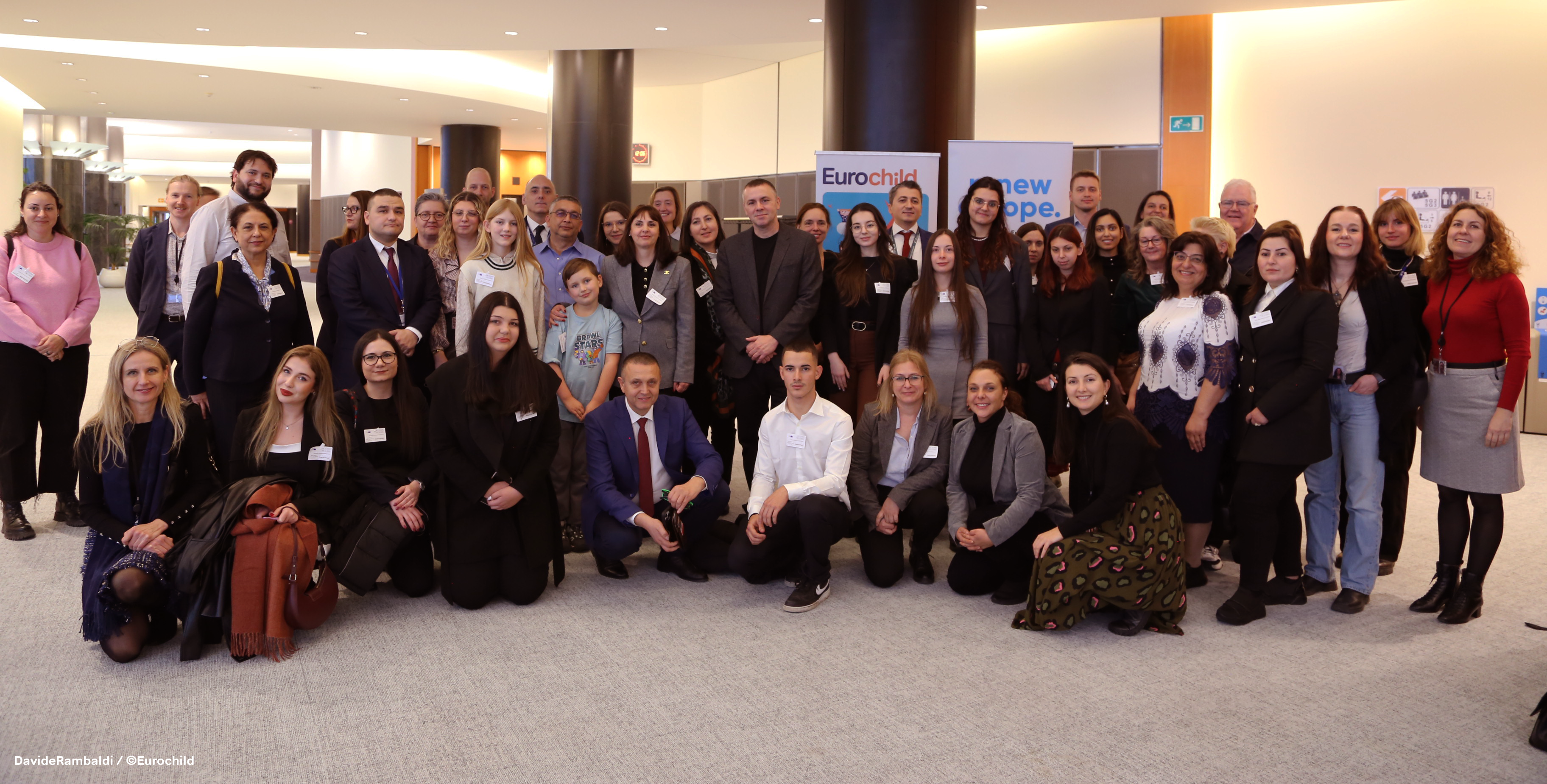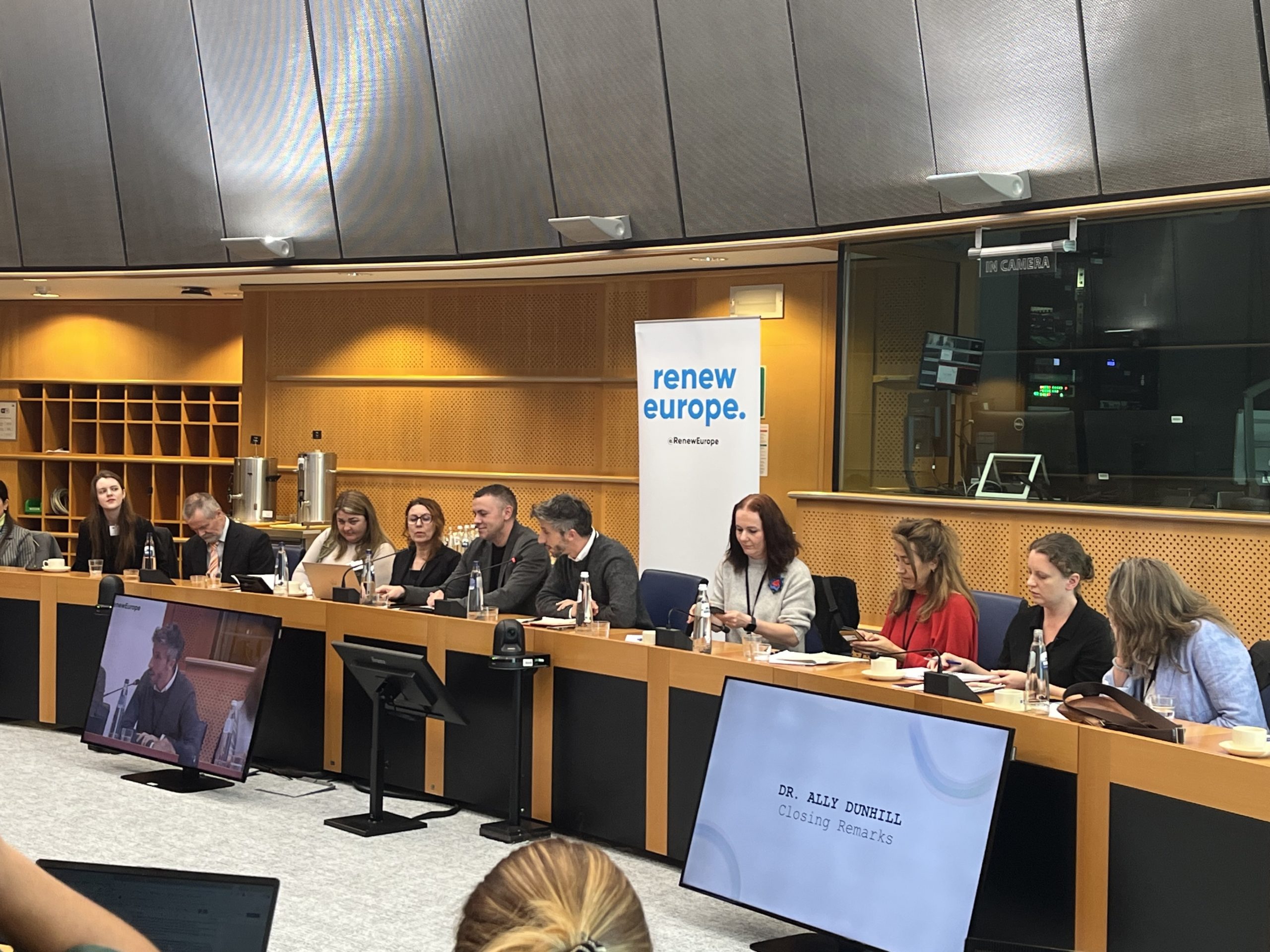How cities can turn the European Child Guarantee into action
Eurochild’s workshop in Ljubljana explored how cities implement the European Child Guarantee through integrated services tackling child poverty and inequalities.
From 5-7 November 2025, the City of Ljubljana hosted the fifth edition of the Eurocities Social Innovation Lab, bringing together city representatives, experts, and civil society organisations to exchange ideas and co-create solutions. This year’s edition focused on local innovation to reduce child poverty, strengthen child protection, and promote health and well-being, under the theme “Growing up in cities: Local solutions for children and young people.”
Eurochild session: Implementing the European Child Guarantee in cities
Eurochild led one of the central workshops of the Lab, dedicated to eradicating child poverty and implementing the European Child Guarantee (ECG) at the local level. The session explored how cities can translate the EU framework into concrete, inclusive services for children in vulnerable situations, ensuring access to ensuring children’s access to free healthcare, inclusive education, nutritious food, adequate housing, and early childhood education and care.
Francesca Pisanu, EU Advocacy Officer at Eurochild, facilitated the session, which brought together representatives from cities from all over Europe, as well as our Eurochild member Slovenian Association of Friends of Youth. The two-hour Eurochild session combined presentations, data-driven insights, and interactive group discussions. Participants worked in groups to reflect on what their cities have achieved so far, identify gaps, and co-design practical solutions to strengthen local action under the Child Guarantee. The discussion reaffirmed that integrated working - both horizontally across sectors and vertically between local, regional, and national levels - is key to breaking cycles of poverty and exclusion.
The workshop highlighted that cities are pivotal actors in delivering the Child Guarantee, as they are closest to children’s daily realities and often responsible for education, health, and social services. By connecting these sectors, cities can provide integrated and preventive support, identify children most at risk, and act as incubators of innovation - piloting solutions that can later be scaled nationally. Participants also discussed how data collection at local level can improve needs assessments, ensure that services reach children most in need, and strengthen evidence-based policymaking.
Moving forward: Empowering cities as drivers of change
The Social Innovation Lab demonstrated that cities play a critical role in achieving the goals of the European Child Guarantee. Through collaboration, innovation, and shared learning, local authorities can ensure that every child, regardless of background, has access to quality services and equal opportunities.
Eurochild will continue to provide support to actors at the national, local, and European levels in monitoring and strengthening the implementation of the Child Guarantee, documenting promising practices, and advocating for policies that put children’s rights and well-being at the centre of Europe’s social agenda.




